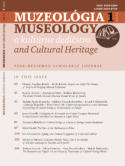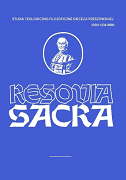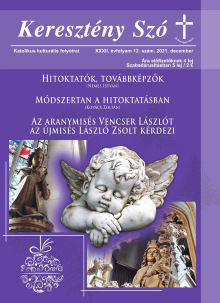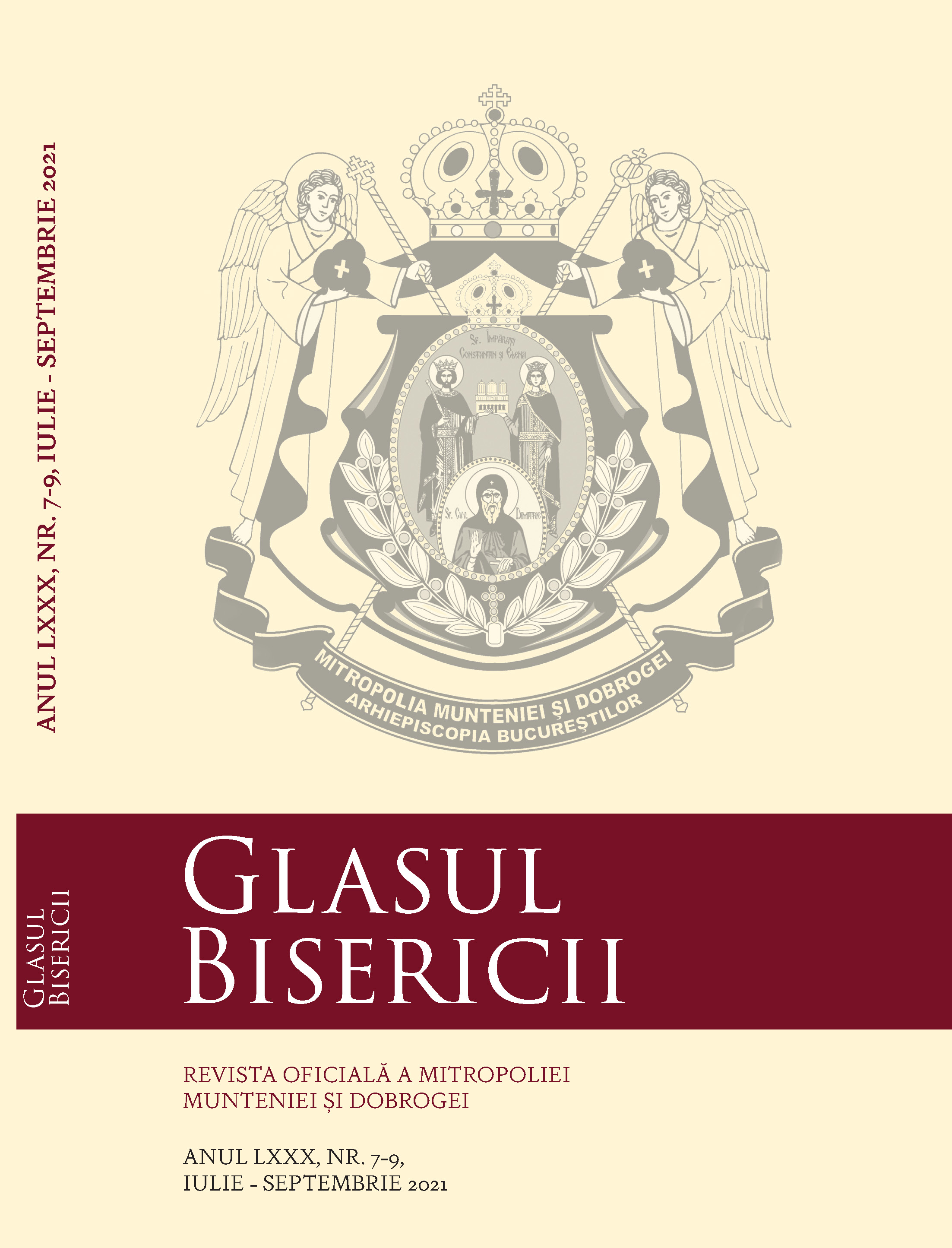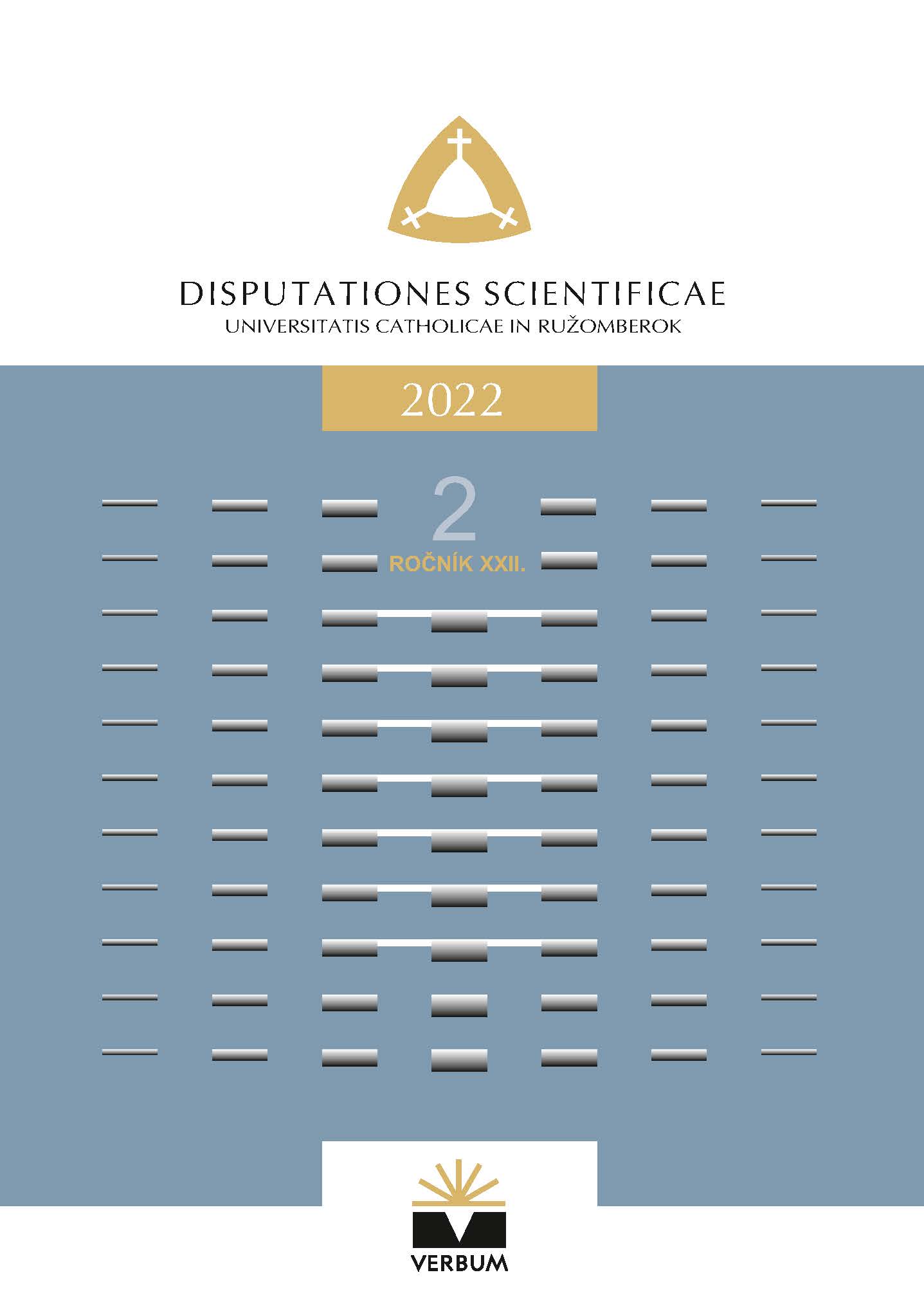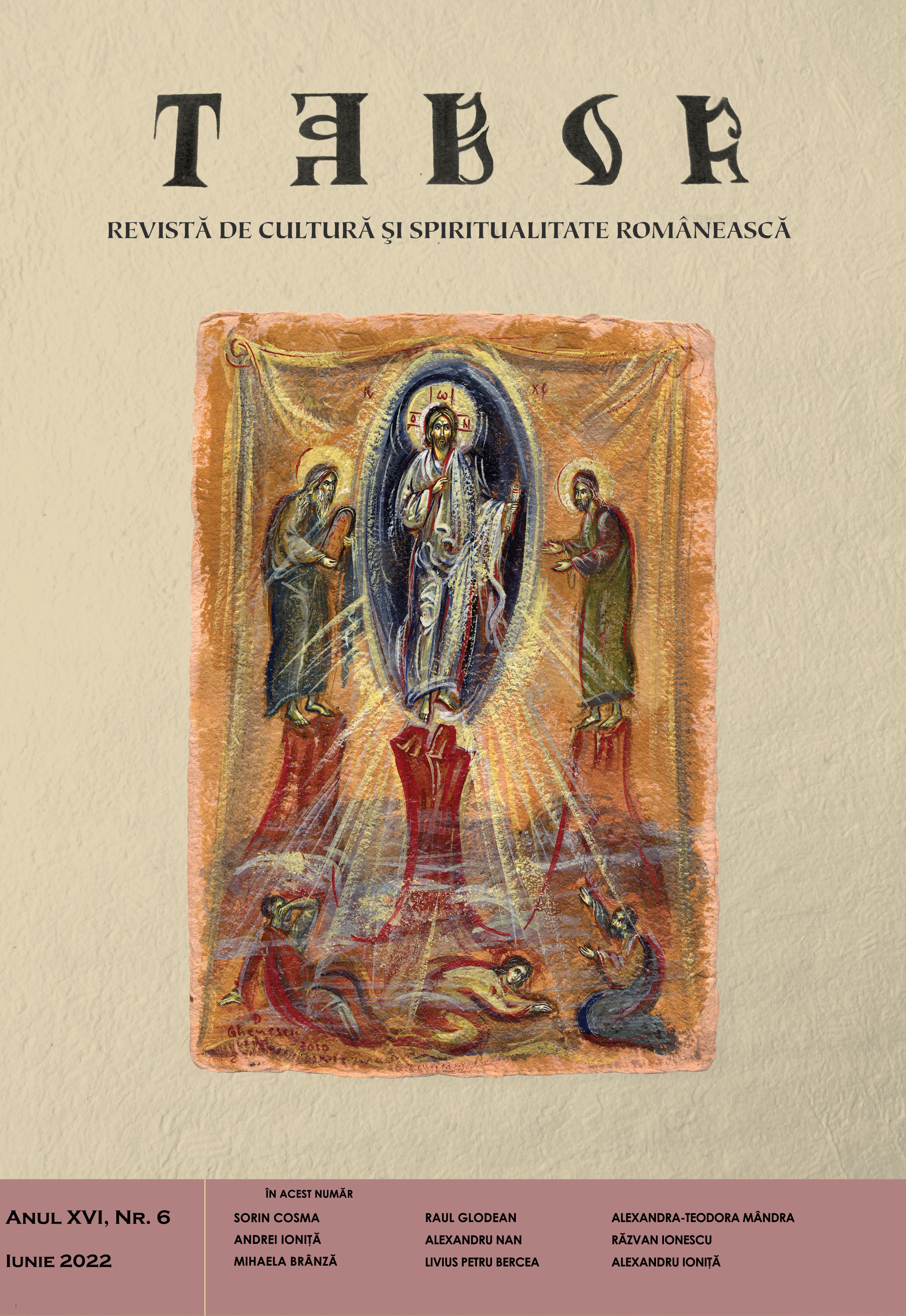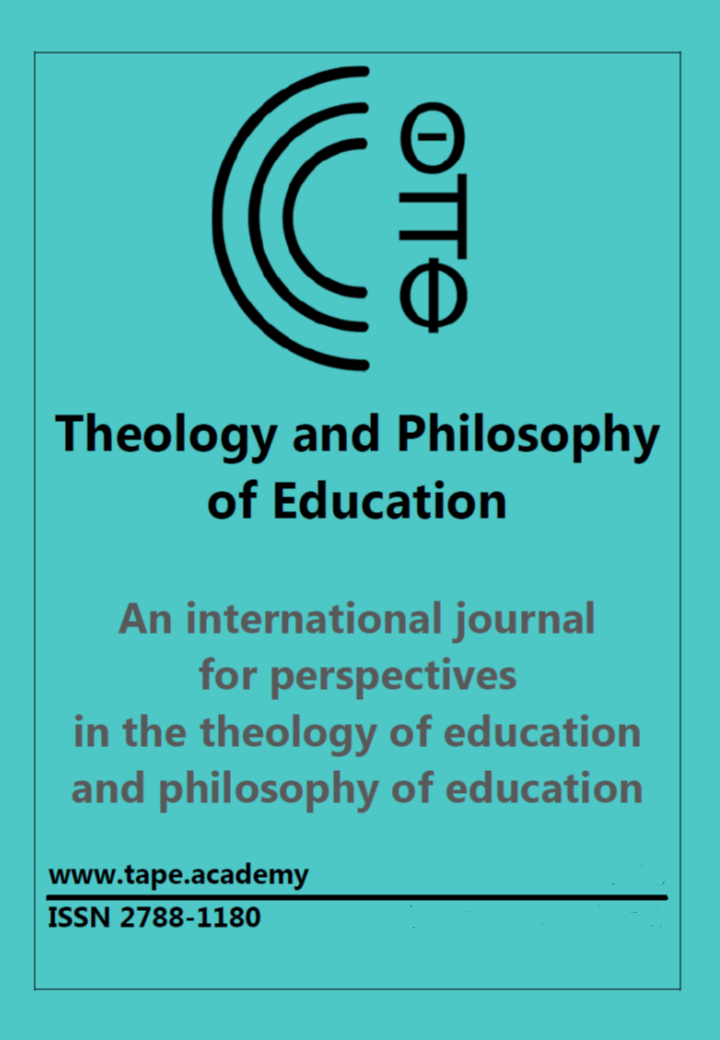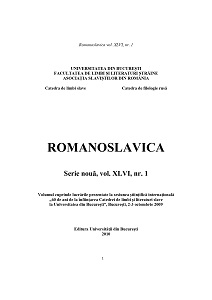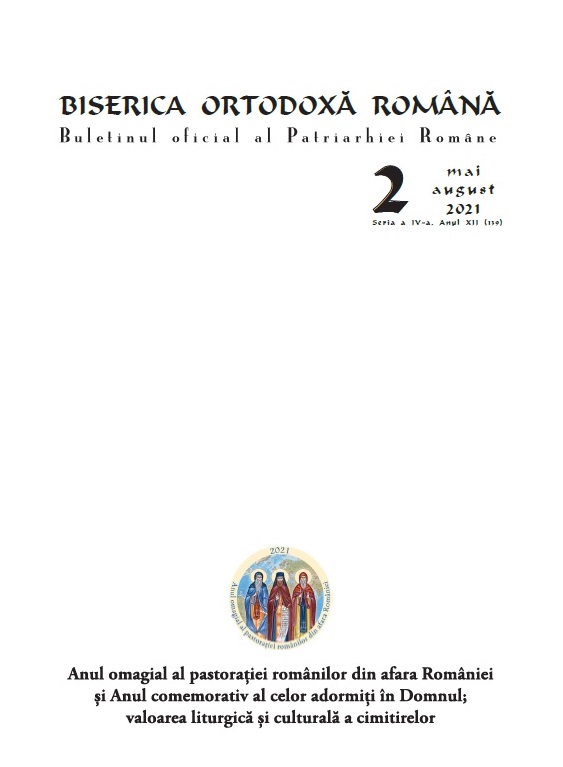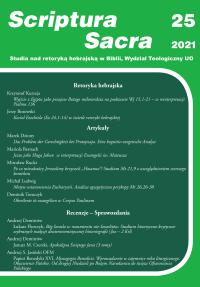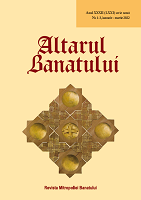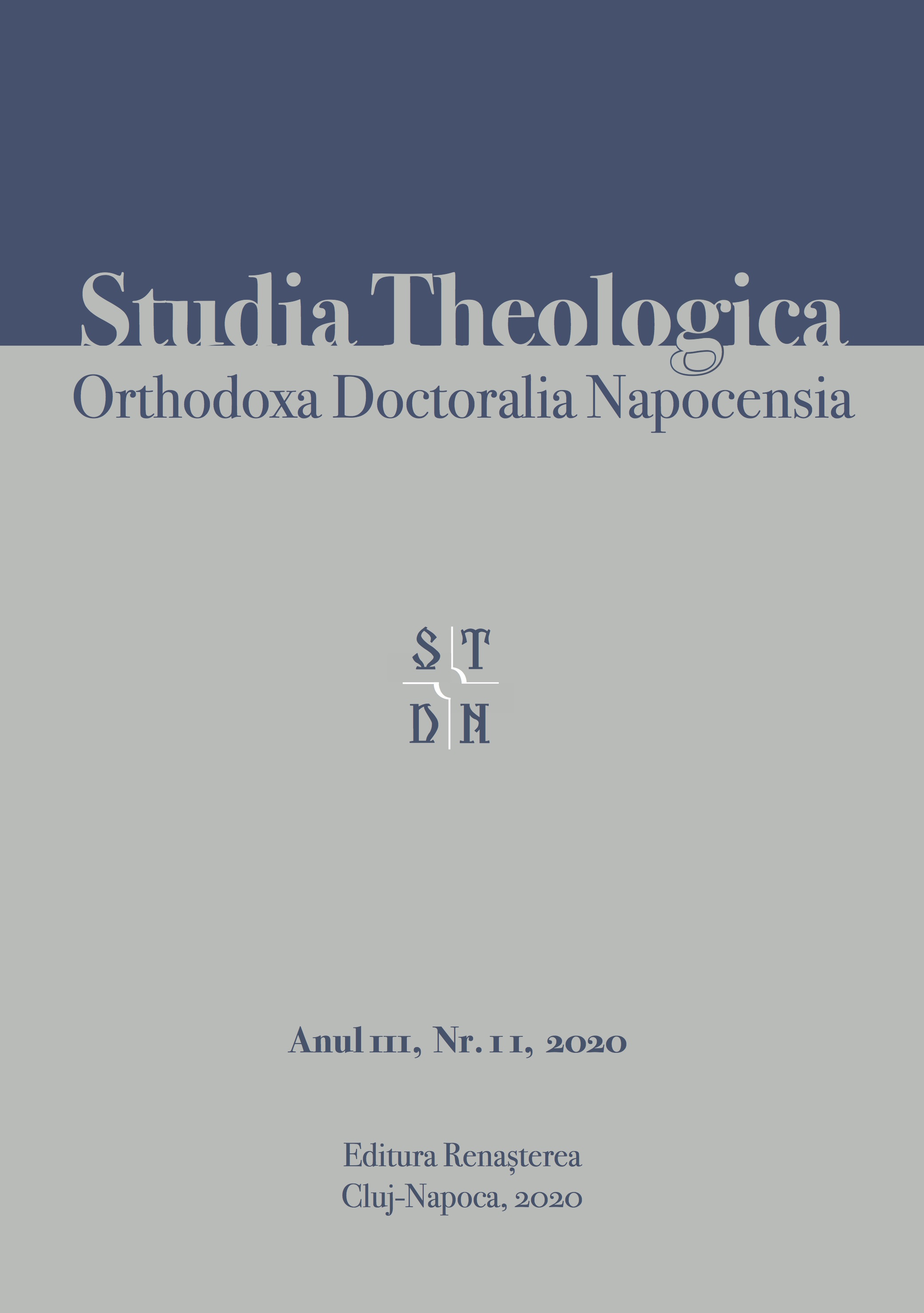
Spaţiul digital în sprijinul filantropiei creștine
Philanthropy is a form of communion between people, aid for those in need, compassion for others and it represents a man’s gift to another man. The Church is the most suitable environment for expressing Christian philanthropy because here we realise the communion and the unity of each person, together with God. In terms of philanthropy, every century had its own way of realisation. Our century has also many methods towards a philanthropic action and one of them is the digital space, the most used environment from our daily life. Therefore, how to sustain philanthropy and solidarity in an era of connection and technology? Perhaps social networks and the digital space could be the suitable answer to this question, because they manage somehow to put together people from around the world. This article aims to demonstrate, by analysing some studies and examples, the fact that the internet could be a good way of spreading, not only the idea of philanthropy, but also the main actions that could be done, in this sense.
More...
